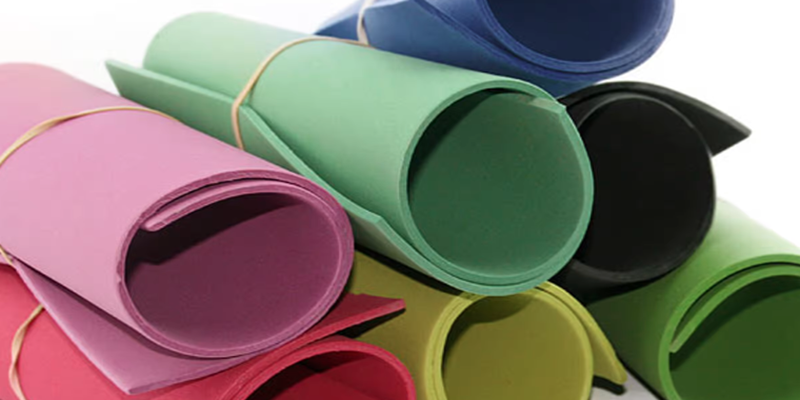Polyurethane catalysts, such as MXC-T, play a critical role in the production of various types of polyurethane foams, including polyether soft foams, molded foams, semi-rigid foams, and rigid foams. Among these, soft polyurethane foam stands out for its extensive application across numerous industries, particularly in the automotive sector. Its unique properties make it an ideal material for a wide range of consumer and commercial products.
Soft polyurethane foam is prized for its exceptional cushioning capabilities, which make it a preferred material in bedding, furniture, automotive interiors, carpet padding, and packaging. This versatile material can be manufactured in virtually any shape and hardness, catering to specific needs and preferences. The ability to customize soft polyurethane foam ensures that it meets the exact requirements of various applications, enhancing its utility and appeal.
One of the primary benefits of soft polyurethane foam is its lightweight nature. This characteristic not only makes it easy to handle and install but also contributes to the overall reduction in the weight of products where it is used. In automotive applications, for instance, the lightweight nature of the foam can lead to improved fuel efficiency and better performance, aligning with industry goals for sustainability and energy efficiency.
Durability is another significant advantage of soft polyurethane foam. It retains its shape and performance over time, even with frequent use. This durability makes it a cost-effective choice for manufacturers and consumers alike, as it extends the lifespan of products and reduces the need for frequent replacements. In the context of automotive interiors, durable cushioning materials enhance the longevity and comfort of seats, armrests, and headrests, ensuring a better driving experience.
Support and comfort are paramount when it comes to applications in bedding and furniture. Soft polyurethane foam provides an optimal balance of these qualities, making mattresses, pillows, and upholstered furniture more comfortable and supportive. Its ability to contour to the body’s shape while providing sufficient support helps in reducing pressure points and promoting better sleep and seating experiences.
In addition to its physical properties, soft polyurethane foam is also environmentally beneficial when used as an insulating material. Although rigid polyurethane and polyisocyanurate (polyiso) foams are more commonly known for thermal insulation, the energy-saving potential of polyurethane foams in general is noteworthy. These foams can significantly reduce energy costs by enhancing the efficiency of heating and cooling systems, thereby contributing to more sustainable and comfortable living and working environments.
In conclusion, the application of polyurethane catalysts like MXC-T in the production of soft polyurethane foam opens up a world of possibilities in various industries. The material’s lightweight, durable, supportive, and comfortable nature makes it indispensable in bedding, furniture, automotive interiors, and more. Its versatility and efficiency ensure that it remains a crucial component in the quest for better, more sustainable products and solutions.
Post time: Jul-29-2024

